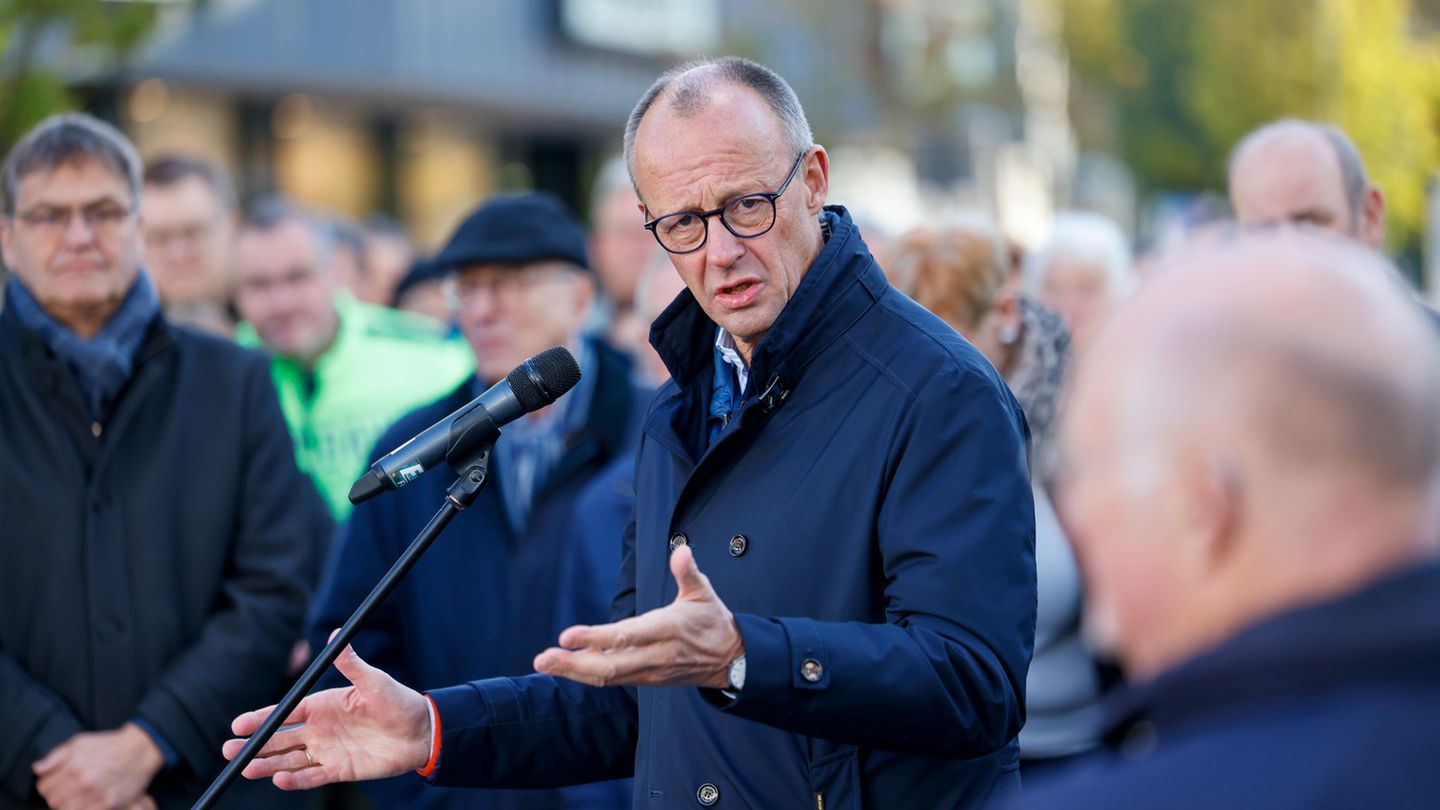Journalist: Will you only be the general director or will you also assume the artistic part?
Jorge Telerman: At the moment only general, because I succeeded María Victoria Alcaraz in the position, but I am going to present the new structure in about 15 or 20 days. At that meeting, which will be open to the press, I will tell my vision of the theater, where we want it to go, what the Colón means from our perspective, as well as showing some lines of action for the future. At this moment I cannot anticipate anything because everything is very recent, we are now drawing up the road map. But at that time I will talk about the new structure, outline what the 2023 season will be…
Q.: They will not play anything of the current one?
JT: The current season and the commitments that the theater has (there is legality in the State) will be maintained. What we may see is if there is any gap that can be taken advantage of, but the programming is quite intense between now and the end of the year…
Q.: The operas are few.
JT: There are seven, not so few, and there are more ballet titles than in other seasons, the Philharmonic…
Q.: The Colón used to have eleven, twelve opera titles…
JT: But how long does it make? And even so, there were many productions of painted curtains, nothing more. I am referring to large, important productions. From Ricardo Schwarzer to here there have always been seven, eight, nine titles at most. But the issue, more than the number of titles, is the activity that there may be, the type of production.
Q: That is true. Sometimes a particular title, I remember the “Lady Macbeth of Mtsensk” during the management of Sergio Renán, who came to direct Mstislav Rostropovich, marked an entire season.
JT: An unforgettable show! And that is exactly what I aspire to. The Colón is, without a doubt, the space where the best traditions must subsist, but also the place that takes risks again, that thinks about innovation, and not only for the CETC (Experimentation Center) but also for the main room. That there is a rich tension between the classics, which will undoubtedly always exist, and those risky experiences that allow us to look at the scene in a more interesting and novel way. The seasons that Sergio designed, for example…
Q.: Let’s also agree that there was a different dollar…
JT: Sure, but I’m not just thinking about international productions. If we can bring things from abroad with that level, we will do it, but if there is a place that can display a quality that is equal to the best in the world, it is our country, not only in the production of performing arts but also in opera. I made Marcelo Lombardero and Pablo Maritano debut in the San Martín, in text theater.
P.: It would be great news if Lombardero returned to the Colón.
JT: Will definitely return.
Q.: I remember your “Macbeth” by Verdi, where you set a scene, that of Banquo’s murder, in a Buenos Aires subway. It was something extraordinary, although one already knows the face that some subscribers will make.
JT: With Marcelo Lombardero, with the many great Argentines who live abroad, such as Martha Argerich, Daniel Barenboim, etc., with most of them I have already been speaking these days, and they have been very generous, wishing me success in management, and I know that more beyond their presentations I will count on them for opinions, advice.
Q.: But going back to the above, to the innovative productions. The opera house is the quintessential institution of the 19th century, now functioning in the 21st century. And the public to which century does it belong?
JT: (Laughs) Let’s say the 20th century.
Q.: Depending on which half, because since 1950, around here, there is already talk of excess modernity.
JT: You said it yourself… A production like “Lady Macbeth of Mtsensk” sold out.
Q.: But it’s something else. I speak of a breaking point, limits that the public of the Colón does not tolerate being exceeded. I’m talking, for example, about last year’s version of Händel’s “Theodora”, with the shortened score and an added character, a theologian who spoke against the penis.
JT: Well… I think you can do anything when…
Q.: Excuse me, and about Händel, I’m going to ask you a point-blank question: would you summon José María Muscari to Colón to do Händel’s “Giulio Cesare” with reversed genders and other changes, just as you’ve programmed it now in the CTBA with Shakespeare’s “Julius Caesar”?
JT: Beyond giving names, I have no doubt that I would bring the Colón back, for example, to the Fura dels Baus.
Q.: Sure, but La Fura did “El gran macabre” by Ligeti. That is to say, an opera from the end of the 70s. I am referring to Muscari doing “Rigoletto” or “La Traviata”.
JT: In 1936 Stravinsky came to do “Persephone” at the Colón, and he invited Victoria Ocampo to do the reciting part. The things that were written at the time were terrible, both for one side and the other. I believe that everything depends on the criteria with which it is done, the talent that one has. For example, doing what colleagues from other lands did, who changed the ending to “Carmen” so that the dead person was Don José and not her, seems absurd to me. Alfredo Arias’ “Rake’s Progress” was very innovative, and very well received.
P.: Yes, another title from the 20th century. I remember “The Flying Dutchman” by Kuitca, with airport conveyor belts.
JT: Well, the scenery was very good. But there was not so much harmony with the setting (laughs). I dare to say it now because about 20 years have passed.
Q.: Let’s go, to finish, to a hot topic. The Ballet, the unions, the pensions.
JT: That was the first thing we were working on. The general public learned that there is a big knot that needs to be untied. There is a claim that became very loud and audible in this conflict, which is to have a logical, lawful and understandable retirement regime based on the conditions that a dancer has. This, I reiterate, had priority for me: I have already put a team of people with important administrative and labor knowledge to work, so that in a few weeks, perhaps, we can move forward on a solution that I want to discuss, before anyone else, with the own dancers.
Source: Ambito
David William is a talented author who has made a name for himself in the world of writing. He is a professional author who writes on a wide range of topics, from general interest to opinion news. David is currently working as a writer at 24 hours worlds where he brings his unique perspective and in-depth research to his articles, making them both informative and engaging.




